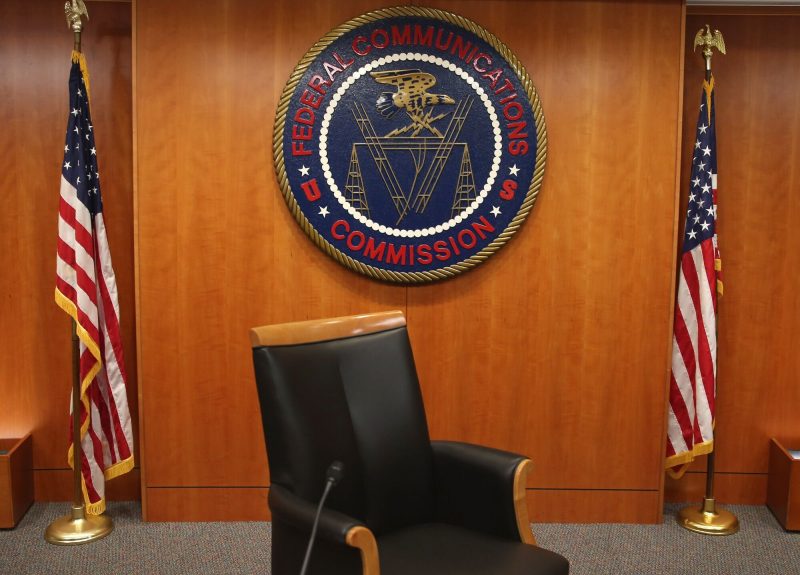President Biden on Monday nominated longtime telecommunications lawyer Anna Gomez to serve on the Federal Communications Commission, taking a step toward breaking the partisan deadlock that for more than two years has hamstrung the agency’s ability to carry out Democratic agenda items, such as restoring net neutrality rules.
Gomez, an FCC veteran serving as a communications policy adviser at the State Department, is the latest nominee after Gigi Sohn, another former agency staffer who withdrew from consideration in March after a grueling 16-month battle over her pick. In an interview with The Washington Post, Sohn attributed the defeat to a “concerted, coordinated campaign” by the telecom industry to block her nomination.
The five-seat commission has lacked a Democratic majority for the entirety of Biden’s term, a historic delay that consumer advocates say has hindered its ability to keep telecom giants such as Verizon and AT&T in check and halted efforts to restore more stringent internet regulations. Senate Republicans criticized Sohn, a key figure in the Obama administration’s net neutrality push, as a partisan who would drag the agency too far left politically.
Christopher Lewis, president of the consumer advocacy group Public Knowledge, praised Biden’s nomination of Gomez and called on lawmakers to swiftly move to break the agency’s current 2-2 partisan split.
“For far too long, the Biden administration and Senate leaders have left us without a full, five-person FCC while important issues are in front of the agency. … We urge the Senate to move quickly on her nomination as there is much important and pressing work before the FCC that will require a full Commission to accomplish,” he said in a statement.
Biden first nominated Sohn, a Democrat, to serve as the agency’s fifth commissioner in October 2021 and re-upped her nomination earlier this year. But Sohn withdrew amid staunch opposition from Senate Republicans and some Democrats such as Sen. Joe Manchin III (D-W.Va.), who publicly came out against her in March.
Before her stint at the State Department, Gomez served as the deputy administrator of the National Telecommunications and Information Administration, a key agency within the Commerce Department that is overseeing the rollout of billions of dollars in federal funding to expand internet access nationwide.
It remains to be seen whether Gomez, a former Senate staffer, will face the same level of opposition from Senate Republicans and conservative groups as Sohn, whom advocates had hailed as a champion for consumer rights.
Jonathan Spalter, president and CEO of the industry trade association USTelecom, said in a statement that “if confirmed, I look forward to working with [Gomez] and a full five-member FCC on our shared objective to connect everyone everywhere to the power and promise of broadband.”
Comcast, which last Congress hired a lobbyist to work on FCC nominations, expressed support for Gomez in a statement Monday. Chief legal officer Tom Reid said her “deep knowledge across the breadth of issues before the FCC makes her exceptionally qualified to be a Commissioner.”
The remarks could signal an easier path to confirmation for Gomez than Sohn, who faced a string of attacks over her policies, past social media activity and sexual identity. Sohn would have been the FCC’s first openly gay commissioner.
Sohn accused “dark money” groups of resorting to “unrelenting, dishonest and cruel attacks” to tank her nomination and keep the agency deadlocked indefinitely.
Gomez, if confirmed, would be the agency’s first Latina commissioner in over two decades, according to the National Hispanic Media Coalition, which had called on the Biden administration to pick her or another Latino nominee for the agency. The Congressional Hispanic Caucus echoed the remarks in a letter to the White House in March.
The White House also said Monday that it is reissuing the nomination of two of the agency’s current commissioners, Republican Brendan Carr and Democrat Geoffrey Starks. The agency has frequently operated without a full roster of commissioners throughout its history, at times limiting its ability to conduct business.
